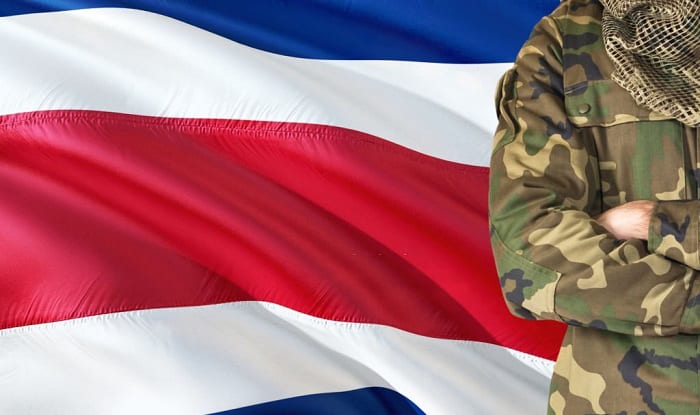The decision to demilitarize started from a proposal to put more money into education and healthcare by the then Defense Minister Edgar Cardona, who passed it to the Interior minister Alvaro Ramos and then, taken to the constitutional assembly by the provisional President at the time, Jose Figueres Ferrer.
But even though Costa Rica has no Army, it has a special police force, officially called the Public Force of Costa Rica (Fuerza Pública). It was established in 1996 by the Ministry of Public Security to perform law enforcement, policing, and border patrol tasks. The force’s motto is “God, Fatherland, and Honor.”
The Effects of Costa Rica not having an Army
The budget previously dedicated to sustaining the Costa Rica Army is put into other aspects of the society like education and health care.
This, in turn, allows for improved political, economic, and social stability. New schools and hospitals lowered the country’s infant mortality and heightened the literacy rate.
Today, Costa Rica’s infant mortality rate is the second-lowest in the region, and the literacy rate is 98%. It also has a higher life expectancy, averaging 80 years old. So, overall, the standard of living has increased.
In fact, in 2012, based on the Happy Planet Index, it was the happiest country in the world!
Population of 5 million.



I don’t think it is typical for a nation’s armies to be constitutionally prescribed, just in this case their constitution explicitly forbids it.